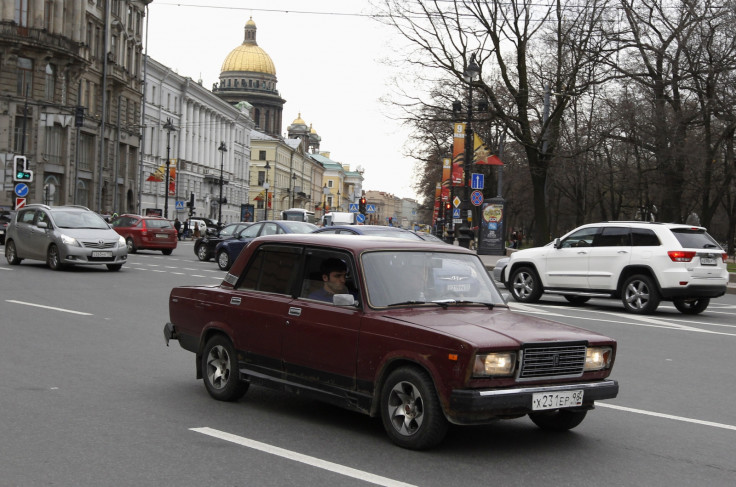Why Russians Are Buying More Ladas

Russia's iconic Lada car is experiencing a boom in sales amid Western sanctions but it is less down to a wave of nationalism than the result of a sanctions-busting initiative from the Kremlin.
Russia's biggest car producer Avtovaz reported a 4.7% rise in sales of Ladas, which were initially designed and built during the Soviet era. Moreover, year-on-year sales are up 0.8%, the first such increase in almost two years.
While Russian President Vladimir Putin's decision to annex Crimea and "protect the interests of Ukraine's Russian speakers" has aroused patriotic fervour among his expanding support base, the surge in sales of the maligned Lada appears to be the result of a government-run scrap metal scheme, rather than a burst of national pride.
"It looks like it was the state's scrappage scheme which allowed for Avtovaz's sales rise in October," said Andrei Rozhkov, analyst at Metropol investment company, as cited by Reuters. "Avtovaz doesn't reveal how many cars were sold at a discount, but it is unlikely that it was less than 30%."
While Russians in the post-Soviet era have become accustomed to foreign goods, including Western cars, the country's economic retreat has dampened consumer sentiment.
As recently as October, Avtovaz had reported that sales of the Lada could slide by as much as 20.5% in 2014. However, economic factors like the devaluation of the rouble have made domestically produced goods more affordable than foreign imports.
Most Russians have been forced to tighten their belts, as the United States and the European Union passed a raft of incremental sanctions against Moscow, sending the economy to the edge of recession.
Against the worsening economic backdrop, the state launched a scheme that gives cash incentives to Russians that buy new cars and sell their old cars for scrap metal.
The scheme involved the state setting aside 10 billion roubles ($215m, £136m, €174m) until the end of the year to boost new car purchases, as sum that was expected to assist sales of 170,000 cars in that period.
Prime Minister Dmitry Medvedev has announced measures to limit the number of imported cars that state officials can buy, while Putin has urged Russian industry to become less reliant on foreign parts and imports in general.
© Copyright IBTimes 2025. All rights reserved.






















